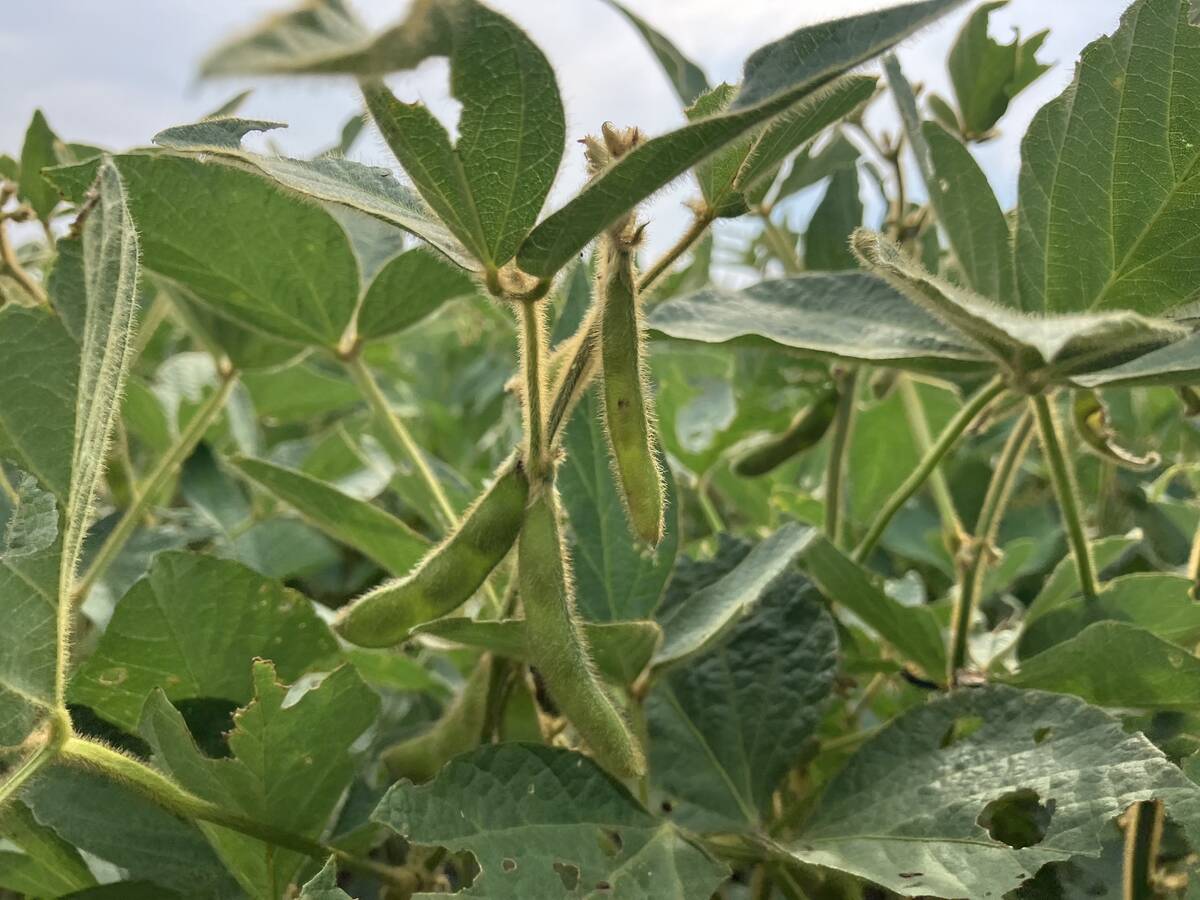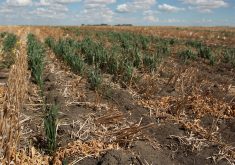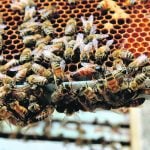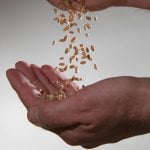The government of British Columbia is investing $32.6 million in 27 clean energy and biofuel projects.
“British Columbia’s alternative energy and biofuel sectors are becoming world leaders in pioneering cutting-edge clean, green technology,” said B.C. premier Gordon Campbell.
The province’s Innovative Clean Energy fund is expected to invest $22.6 million in 19 projects ranging from generating electricity from ocean waves and railway ties to extracting energy from raw waste water.
Another $10 million will be spent on eight liquid biofuel projects with demonstrated low greenhouse gas emissions. The total estimated value of the approved biofuel projects is $100 million, meaning $90 million will come from other sources.
Read Also

U.S. loses out on sales of soybean to China
U.S. soybean exporters risk missing out on billions of dollars worth of sales to China this year as trade talks drag on and buyers in the top oilseed importer lock in cargoes from Brazil.
British Columbia has a mandate that calls for a minimum of five percent average renewable content in gasoline and diesel used in the province by 2010.
The biggest biofuel project is the proposed $60 million Peace Biofuels Ltd. biodiesel plant to be constructed in Dawson Creek, B.C. The government’s contribution to the project is $2 million.
Once constructed, the facility will produce 40 million litres of biodiesel a year from canola grown in the Peace region of B.C. The plant would include a canola crushing facility.
A number of other smaller biodiesel projects received funding, most of which will be using landfill waste, cooking oil and rendered animal fats. Two cellulose ethanol projects also received funding.
The funding announcement was made at Lignol Innovations in Burnaby, B.C., a company that received $3.4 million in provincial funding for its $11.6 million cellulose ethanol project.
Lignol will produce ethanol and other products from beetle-killed lodgepole pine trees and other under-used forest resources at its new pilot plant.
“This facility is one of just a handful in the world that can demonstrate the production of cellulose ethanol and biochemicals on an industrial scale,” said Lignol chief executive officer Ross MacLachlan.
“This facility will become a showcase for our company and British Columbia as we strive to commercialize a technology that holds so much promise for the forest products industry and communities hardest hit by the mountain pine beetle devastation.”
The government funding will also help the company finalize its engineering plans for a “major commercial biorefinery” to be built in B.C.
The approved clean energy and liquid biofuel projects are expected to create 1,200 jobs in more than 30 B.C. communities. The projects have a combined value of $197 million and will help the province meet its goal of reducing greenhouse gas emissions 33 percent by 2020.

















